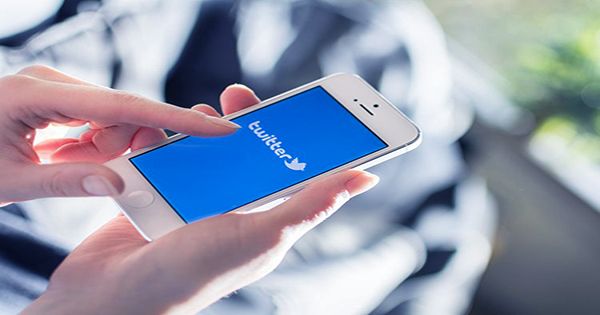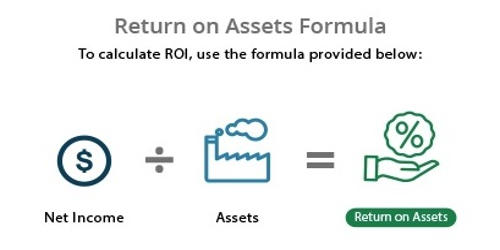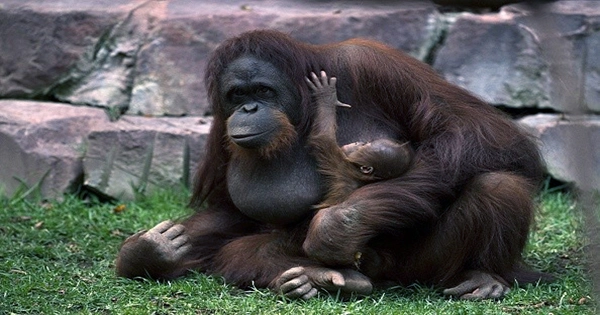Elon Musk may have purchased Twitter, but he still needs to figure out what he’ll do with it. As with so many of the billionaire’s most critical financial choices, he’s turned to Twitter for ideas, scribbling down his future company philosophy in 280 characters or fewer. The heat is also on since roughly three-fifths of the $44 billion he spent on Facebook wasn’t his. According to a Reuter’s article published last week, Musk was able to get $25.5 billion in bank loans by pledging to slash expenses and increase income at Tesla – though, once again, the plan was short on specifics on how to do so, according to persons familiar with the matter.
According to Bloomberg, one concept that made the presentation won’t be welcomed by Twitter’s 7,500 employees, since Musk expressly highlighted job layoffs. While the exact persons or departments affected by this decision have yet to be identified, a tweet from Musk in mid-April may disclose one target of the newly minted media mogul’s cost-cutting measures: Twitter’s board of directors. Musk tweeted, “Board compensation will be $0 if my bid wins, so that’s $3M/year saved right there.”
While that may appear remarkable on the surface, his financial backers are unlikely to be impressed — his “saving” would take 8,500 years to pay off the debts he obtained. However, Musk has another plan to make money from the site: charging its users. Don’t worry, Musk said in a tweet on Wednesday that “Twitter will always be free for casual users.” However, he warned that there may be “a minor payment for commercial/government customers” in the future.
Although Reuters claimed that Musk also suggested charging journalists to embed or cite tweets in his financing pitch, no additional information were provided in the tweet, which was itself a reaction to a weirdly conspiratorial remark mentioning the Freemasons. But, as Mike Masnick of Techdirt pointed out, if Musk wants to carry out his plans, he’ll have to overcome several obstacles.
“Thanks to the 1st Amendment (which he claims to favor), he’s unlikely to be able to do that successfully,” Masnick said. “In virtually every freaking circumstance, quoting a tweet is going to be fair use under copyright law.” And, one of the main reasons we have fair use in copyright law is that it is required by the 1st Amendment, or else copyright law would impede the very free speech Musk professes to cherish.” Musk positioned himself as a “free speech absolutist” from the start of his effort to buy the social media network, citing his confidence in “Twitter [‘s]… potential to be the platform for free expression throughout the globe” in his acquisition offer.
It’ll be difficult to reconcile charging for tweets with the company’s stated commitment to free expression, especially if you’re also seeking to save costs, since such a move would undoubtedly cause a lot of administrative headaches. Actually, two difficulties, because we haven’t even begun to think about the corporation may charge enterprises or governments for using the platform.
But even if Musk manages to figure it all out, the flaws with this method will continue. He tweeted in late April that he would “fight the spam bots or die trying!” — But monetizing the platform, as Masnick points out, is likely to achieve the reverse. Still, when dealing with someone like Musk, who is known for making business choices based on whim and self-confidence, it’s probably best not to try to predict his next actions. “I don’t care about the economics at all,” he declared after making his bid for Twitter at a TED conference.
















